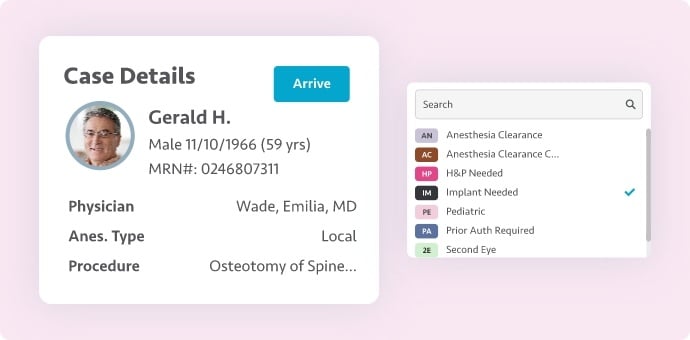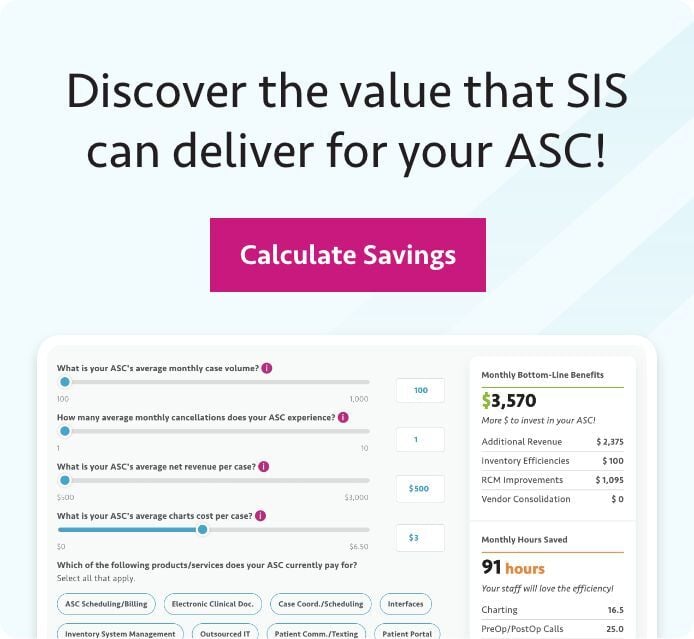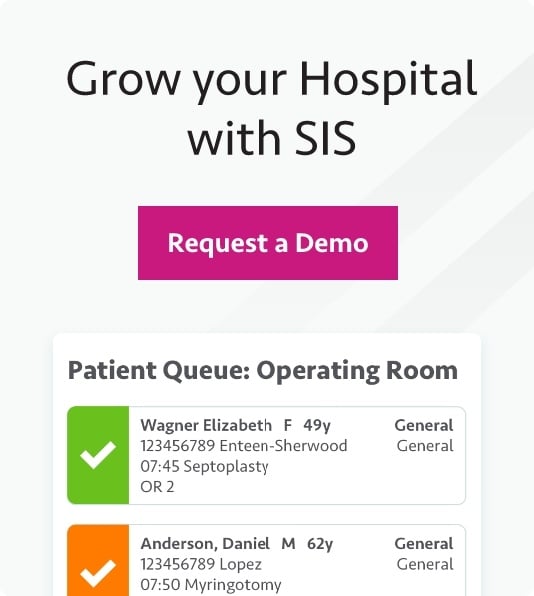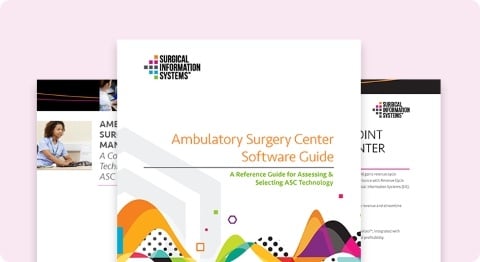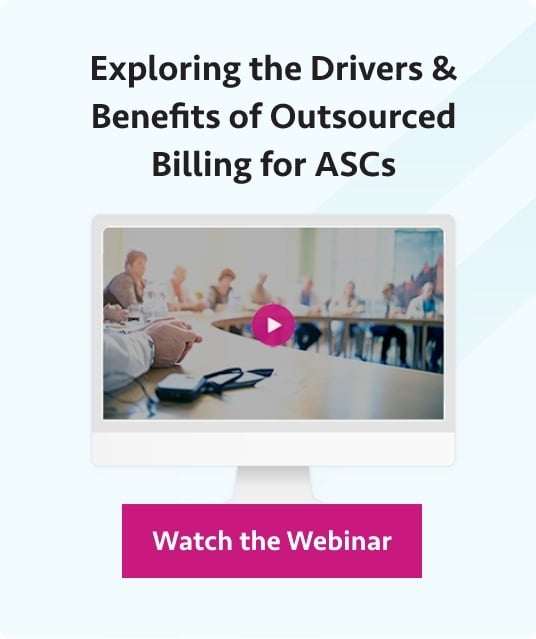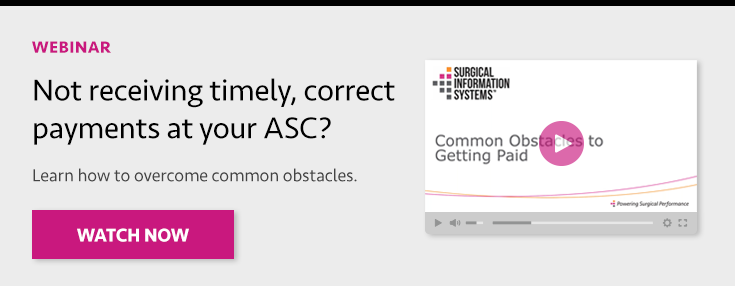 Developing a strong relationship with your ASC's payors can yield significant benefits. It may help you secure better contracts and reimbursement rates. You may find it easier to address problems associated with denials and other billing disputes. You may also find that your questions receive faster responses.
Developing a strong relationship with your ASC's payors can yield significant benefits. It may help you secure better contracts and reimbursement rates. You may find it easier to address problems associated with denials and other billing disputes. You may also find that your questions receive faster responses.
Follow these six tips to help you bolster your payor relationships.
1. Designate a negotiation strategist
Choose an individual person who will be tasked with serving as the primary point person for communications with the payor. This team member should have strong negotiating and communication skills and also a likeable personality to hopefully help build rapport with payor representatives. It would also help to select an individual valued and appreciated by your physicians in the event that the specialist believes involving physicians could help with negotiations.
Whenever possible, ensure this individual takes the lead on payor communications. Familiarity breeds comfort and can help avoid wasted time revisiting matters previously discussed.
2. Routinely communicate with payors
Your negotiation specialist should regularly contact payors, and not just for assistance with resolving claims issues or to engage in contract negotiations. Periodically touch base with payors to ask if there is anything else your ASC can do to streamline the claims submission and payment processes. Also, inform payors of specialty and/or procedure expansion plans to give them time to begin preparations for negotiations concerning contract adjustments. While they may not say it, payor representatives should appreciate your willingness to help them and their team do their jobs in a more efficient and effective manner.
3. Know you provider representative
In all likelihood, a single individual will be assigned to oversee your ASC's account. The more you can get to know this person, both professionally and, to some extent, personally, the more successful you will likely be in building a positive relationship. Routinely communicate with this person via email and phone. Face-to-face interactions, when possible, can help built trust and understanding.
4. Develop an understanding of the payor's motivation
During discussions with your payors' representative(s), try to get a sense of what payors expect to get out of the relationship with your ASC. Ask about their pain points in your market and work together to find ways you can help. Are they hoping to see your ASC provide more care to their members, perhaps within one or more specific specialties? Find out if they are planning collaborative trials with providers and offer to participate. Inquire about participating in narrow networks. Verify their budgeting calendar so you can time requests for contract changes accordingly.
Be bold by offering out-of-the-box ideas. Payors are looking for innovation and creativity. Any idea to lower cost and improve quality should grab their attention.
5. Focus on low-cost, high-quality care
While there is no surefire way to earn better contracts from payors, you can increase your chances by delivering the kind of care they want for their members: low cost, high quality. If you consistently deliver such care, make sure to bring data supporting your success to the negotiating table. If payors believe their members can receive great surgical care at a cost lower than your competition, you can make a strong case for increases in reimbursement and fair coverage for new procedures. The payors may even begin to direct members to your ASC.
6. Strive for a win-win scenario
If you want to develop a strong, long-term relationship with payors, don't go into meetings and negotiations focused on coming out victorious. Successful relationships do not have individual winners; everyone wins. Ask for reimbursement rates that are fair. Be prepared to discuss matters such as admission criteria and what payors expect for their members. Come to the table open-minded and ready to give up a little of what you want in one area if you can get what you want in another.
Treat these interactions and experiences like you are in a partnership with the payors rather than adversaries forced to work together. When discussions and meetings end, everyone should walk away feeling good about the outcome and optimistic for the future of the relationship.
Learn more about our ASC management solutions.




